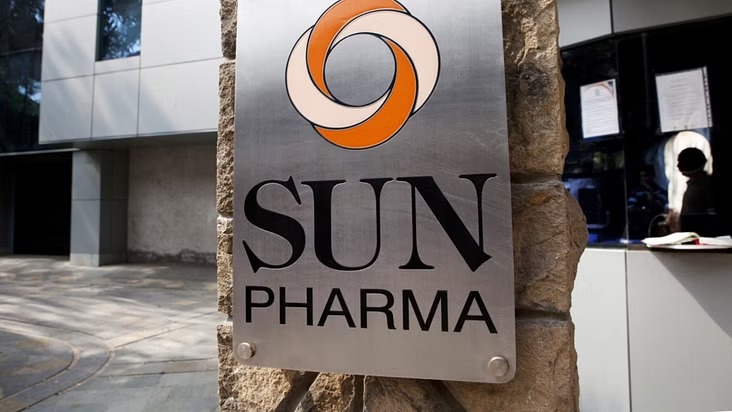Shares of Sun Pharmaceutical Industries were flat in early trading on March 14. At 12:11 am, Sun Pharmaceutical Industries was quoted at Rs 960.35 on the BSE, up Rs 6.15, or 0.64%. It touched an intraday high of Rs 961 and an intraday low of Rs 950.80. The stock’s volume was 114,225 shares compared with its five-day average of 34,822 shares, an increase of 228.02%. Global research and brokerage firm Jefferies maintained its ‘buy’ call on the stock with a target price of Rs 1,200 per share, representing an upside of around 26% from the current market price.
According to Jefferies, Sun Pharma’s acquisition of Concert adds a complementary dermis product to its existing speciality portfolio. It believes strong efficacy against competing drugs and leveraging existing infrastructure should lead to peak global sales of $850 million by 2031, translating into a pre-tax net present value (NPV) of Rs 64 per share. The brokerage said increased R&D spending would unlikely be a major drag on profitability in FY24-25.
The stock has risen 15% over the past nine months.
Data from the phase III trial of deuruxolitinib showed that 38-42% of participants on deuruxolitinib met the primary endpoint at week 24, compared with 30% of participants on Olumiant and Ritlecitinib. The safety profile for deuruxolitinib was consistent with competing products. The USFDA has granted the product Breakthrough Therapy designation.
Sun’s competitive positioning is expected to be strong. Jefferies expects Sun Pharma to use its existing field personnel for marketing the product, with incremental spending primarily on product promotion. It forecasts that sales of deuruxolitinib in the US and EU markets will reach about $765 million by 2031. “We estimate $100m in R&D spending for open-label extension (OLE) studies over the next two years, with ~3% impact on FY25 EBITDA, which should be offset by the recent approval of gRevlimid in the US,” the research firm said.
“Incyte and Concert are embroiled in a legal dispute over patents for Ruxolitinib and Deuruxolitinib. The patents at issue are ‘149 (expires 2033, according to Google patents), ‘335 (expires 2026) and ‘659 (expires 2037 ). The ‘659 lawsuit favoured Concert, and Concert’s challenge to the ‘335 patent covering ruxolitinib and its deuterium form was dismissed,” Jefferies said in its report.
“For a smooth launch, we would like Sun Pharma to settle with Incyte to pay royalties (Lilly pays up to 20% for its products) before the patent expires,” it added.
 Live
Live

